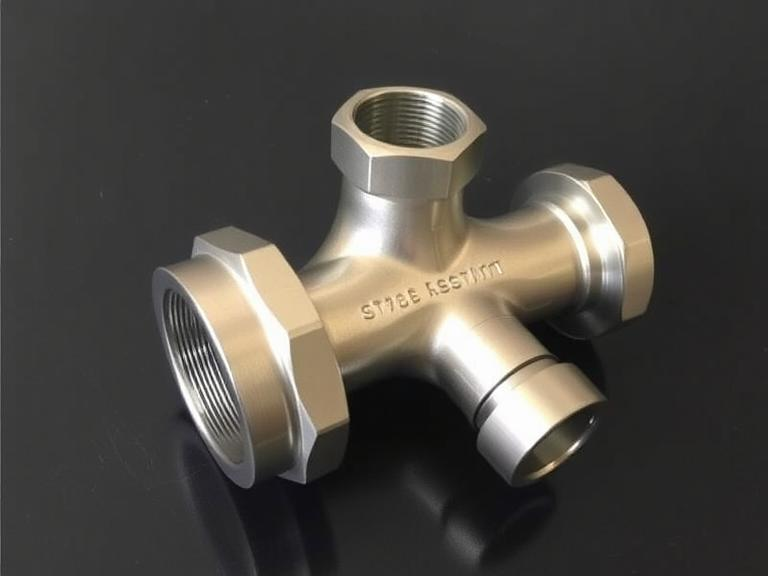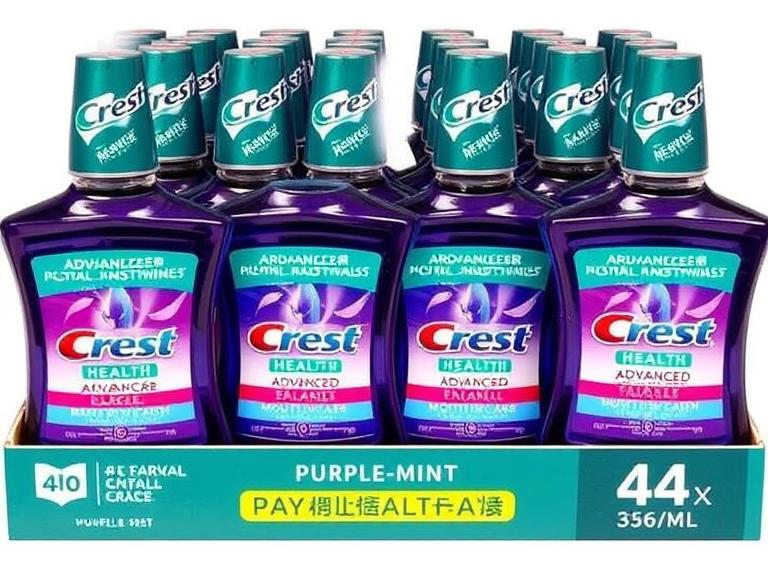Veevus GSP Thread vs Regular Thread: A Comprehensive Comparison
When it comes to fly tying, the choice of thread can make all the difference in the durability and appearance of your flies. Among the numerous options available, two threads stand out: Veevus GSP thread and regular thread. Whether you are a seasoned fly tyer or a beginner, understanding the differences between Veevus GSP thread and regular thread is essential for selecting the right thread for your fly-tying projects. In this article, we will explore the features, advantages, and potential drawbacks of Veevus GSP Thread vs Regular Thread, helping you make an informed decision for your next fly tying session.
What Is Veevus GSP Thread?
Veevus GSP thread is a high-quality, ultra-strong synthetic thread used primarily for fly tying. GSP stands for Gel Spun Polyethylene, which is a material known for its incredible strength-to-weight ratio. Veevus GSP thread is specially designed to provide maximum strength, low stretch, and smoothness, making it a popular choice for advanced fly tiers who require precision and durability in their flies.
Veevus GSP thread comes in various thicknesses and colors, allowing fly tiers to select the perfect thread for different applications. Its unique properties make it an excellent choice for tying small and delicate flies as well as larger, more robust patterns.
What Is Regular Thread?
Regular thread, in the context of fly tying, refers to the more common and widely used threads that are made from various materials, such as nylon, polyester, and silk. Regular threads are often more affordable and can be found in different thicknesses, providing a variety of options for fly tying. However, they generally do not have the same strength and low-stretch characteristics as Veevus GSP thread.
Regular thread can be used for a wide range of fly tying tasks, from simple patterns to larger and heavier flies. It’s a versatile choice, but depending on the material, it might not provide the same level of precision and durability as Veevus GSP thread.
Key Differences Between Veevus GSP Thread and Regular Thread
1. Strength and Durability
One of the most significant differences between Veevus GSP thread and regular thread is the strength. Veevus GSP thread is incredibly strong, often up to 30-50% stronger than regular threads of the same thickness. This added strength allows fly tiers to build flies with more confidence, knowing that the thread can handle the pressure and tension during the tying process.
Regular threads, on the other hand, tend to be less durable and can break or fray more easily, especially when applying heavy pressure or working with small hooks. While regular threads are still strong enough for most fly tying applications, Veevus GSP thread’s superior strength makes it the go-to choice for delicate or highly intricate flies that require precision.
2. Thread Diameter and Thickness
Another key difference is the diameter and thickness of the threads. Veevus GSP thread is available in extremely fine diameters, allowing for a much thinner thread compared to regular threads. Despite its fine appearance, Veevus GSP thread maintains its strength, making it ideal for tying tiny flies, such as midges or tricos, without adding bulk or compromising the integrity of the fly.
Regular thread, on the other hand, tends to have a thicker profile and can add more bulk to the fly, which may not be desirable for smaller patterns. However, for larger flies or when a thicker thread is needed for added durability, regular threads can still be effective.
3. Stretch and Elasticity
Veevus GSP thread is known for its minimal stretch. This lack of stretch allows fly tiers to control the tension more precisely and creates cleaner, tighter wraps on the hook. This is particularly important when tying complex patterns or when the fly needs to withstand a lot of pressure during fishing.
Regular threads, depending on their material, can have varying degrees of stretch. Nylon threads, for example, tend to have more elasticity, which can cause uneven tension or make it harder to achieve the tightness required for certain fly patterns. For a fly that will endure a lot of movement and tension, a low-stretch thread like Veevus GSP is often a better choice.
4. Smoothness and Workability
Veevus GSP thread is extremely smooth and slick, which helps it slide easily through materials during the tying process. This smoothness makes it much easier to control the thread and achieve a polished finish, which is especially important for advanced fly patterns that require precision.
Regular threads, while also smooth to an extent, can sometimes be more difficult to work with, particularly if they are made of materials like nylon or polyester, which can fray more easily. The smoothness of Veevus GSP thread reduces friction and allows for better consistency when wrapping the thread, contributing to a professional look.
5. Color Options
Both Veevus GSP thread and regular thread come in a wide range of colors, but Veevus GSP offers a more extensive and vibrant selection. This variety allows fly tiers to match specific color schemes with greater accuracy, making it a favorite for those who need exact color matches for their flies.
While regular thread brands typically offer a broad spectrum of colors, the intensity and vibrancy may not always match the vividness and clarity that Veevus GSP thread provides.
Advantages of Veevus GSP Thread
1. Superior Strength
The most significant advantage of Veevus GSP thread is its strength. The exceptional tensile strength allows it to handle greater pressure and wear, making it ideal for delicate flies or flies that will face constant stress during fishing. Veevus GSP thread is a go-to for tiered patterns where durability is paramount, such as dry flies, nymphs, and streamers.
2. Thin and Fine Threads
Because Veevus GSP thread is thinner and stronger than most regular threads, you can create flies with more detailed proportions without the thread becoming a noticeable bulk. This allows for better fine-tuning of your flies and provides a cleaner finish on small patterns.
3. Minimal Stretch and Maximum Control
The low-stretch characteristic of Veevus GSP thread means that fly tiers have more control over the tension of their wraps. This can be especially helpful for achieving tight, secure wraps that stay in place without sagging or shifting. It also helps maintain the fly’s shape during casting or retrieving.
4. Smooth Application
Veevus GSP thread’s smooth texture enhances its workability, making it easier to tie intricate flies with greater accuracy. The smooth application reduces the risk of fraying and ensures a sleek and polished finish on your flies.
Advantages of Regular Thread
1. Versatility and Availability
Regular threads are more versatile and widely available, making them a convenient option for most fly tying projects. Many fly tiers choose regular thread for larger patterns, where strength and thread diameter are less of a concern. Regular thread is also widely available in most fly-tying shops and online, ensuring that it’s always easy to find.
2. Affordability
In general, regular threads are more affordable than Veevus GSP thread, making them a more cost-effective option for beginners or those who tie flies in bulk. While regular thread may not have the same strength and precision as Veevus GSP, it is still suitable for a wide variety of fly-tying applications.
3. Good for Larger Flies
When tying larger flies, regular thread can be a good choice because it provides the necessary bulk and strength for such applications. Regular threads are well-suited for tying big streamers, saltwater flies, or other large patterns where thread strength is less critical compared to the size of the fly.
Conclusion: Which One Is Right for You?
Choosing between Veevus GSP Thread vs Regular Thread depends on your fly tying needs and the specific patterns you are working on. If you are tying small, delicate flies that require maximum strength, minimal stretch, and smooth application, Veevus GSP thread is the superior choice. Its ultra-strong, fine diameter, and low-stretch properties make it perfect for creating precise, durable flies.
However, if you are tying larger flies or are just starting out in fly tying, regular thread may be more suitable due to its versatility, availability, and affordability. Regular thread is still a reliable option for many fly tying applications, particularly when thread strength and thinness are less important.
Ultimately, both threads have their place in fly tying, and many experienced tiers use both Veevus GSP Thread vs Regular Thread depending on the situation. Understanding the strengths and limitations of each type of thread will help you make the best decision for your fly tying projects.









Leave a Reply